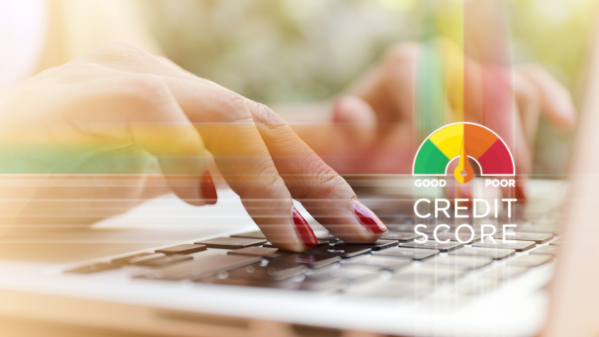
How Do You Perform a Check on Your CIBIL Score?
In today’s world, credit has become an essential aspect of financial stability. However, creditworthiness is not something that can be easily determined by creditors. Hence, credit bureaus have come into the picture, and they play a crucial role in determining the creditworthiness of an individual. Credit Information Bureau (India) Limited, commonly known as CIBIL, is one of the leading credit bureaus in India. Banks and financial institutions use CIBIL’s credit score to determine the creditworthiness of an individual. Given the importance of having a good credit score, it is essential to know how to perform a check on your CIBIL score.
Here’s a step-by-step guide on how to perform a check on your CIBIL score:
Step 1: Check The CIBIL Website
The first step in checking your CIBIL score is to go to the CIBIL website. The web address for the CIBIL website is www.cibil.com. Once you land on the homepage of the CIBIL website, you will see a section that says “Know Your Score.” This section will direct you to the CIBIL score page.
Step 2: Enter Personal Details
The next step is to enter your personal details to check your CIBIL score. The registration form will ask for your name, date of birth, gender, and email address. Make sure you enter these details accurately and precisely.
Step 3: PAN Card Details
PAN card details are essential as they are used to identify an individual. Make sure you enter your PAN card details accurately. Cross-check details like PAN number, date of issuance, and status of your PAN card. PAN card status can be known through the NSDL and UTI websites. You can also check your PAN card status on the Income Tax Department’s official website. Make sure you have an e-PAN card as banks and financial institutions require an e-PAN card to be submitted while applying for loans and credit cards digitally.
Step 4: Security Check
The next step is to undergo a security check. The security check ensures that you are not a robot or a computer program. The security check involves entering a set of characters or numbers as displayed on the screen. This procedure ensures that the information provided is authentic and is not generated by any computer program.
Step 5: Payment
Once you have entered all the necessary details, and the security check is complete, you will be directed to the payment page. A fee of Rs. 550 will be charged to check your CIBIL score from Bajaj Finserv App. Once you have made the payment, your credit score report will be generated. You can download the report in a pdf format.
Step 6: Review the Report
Once you have downloaded your CIBIL report, take some time to review the report. Your CIBIL report will contain essential details like your credit history, loan and credit card information, and payment history. The report will also contain your CIBIL score and the factors that are affecting your score. Make sure you review the report thoroughly.
Step 7: Dispute Resolution
If you find any discrepancies in your CIBIL report, you can raise a dispute with CIBIL. You will have to raise a dispute with CIBIL within 30 days of receiving your credit report. Once you raise a dispute, CIBIL will investigate the issue and rectify the mistake if necessary.
It is crucial to maintain a good CIBIL score as it plays a significant role in determining your creditworthiness. Banks and financial institutions use the CIBIL score to determine a loan borrower’s eligibility and interest rates. A good CIBIL score can get you a lower interest rate on loans and credit cards. On the other hand, a poor CIBIL score can result in loan rejection and higher interest rates.
It is also crucial to use your credit wisely to maintain a good CIBIL score. Here are a few tips to improve your CIBIL score:
1. Pay Your Dues on Time
Paying your dues on time is the most crucial factor in maintaining a good CIBIL score. Late payments negatively impact your score, and they stay on your credit report for up to seven years. Make sure you pay your dues on or before the due date.
2. Keep Your Credit Utilization Ratio Low
The credit utilization ratio is the percentage of the total credit limit you have used. A high credit utilization ratio negatively impacts your CIBIL score. Make sure you keep your credit utilization ratio low, preferably below 30%.
3. Don’t Apply for Multiple Loans/Credit Cards
Applying for multiple loans or credit cards can also negatively impact your CIBIL score. Every time you apply for a loan or credit card, banks and financial institutions pull your credit report, and this is known as a hard inquiry. Multiple hard inquiries within a short period can negatively impact your score. Make sure you apply for loans/credit cards only when necessary.
4. Maintain a Good Credit History
Having a good credit history for a prolonged period can help boost your CIBIL score. Your credit history shows how well you have managed your credit over time. Make sure you maintain a good credit history by paying your dues on time and using credit wisely.
In conclusion, having a good CIBIL score is essential in today’s world of finance. Performing a check on your CIBIL score is easy and straightforward. Ensure you use the tips mentioned above to maintain a good CIBIL score. Remember, maintaining a good credit score is a continuous process, and it requires discipline and dedication.





Leave Your Comment